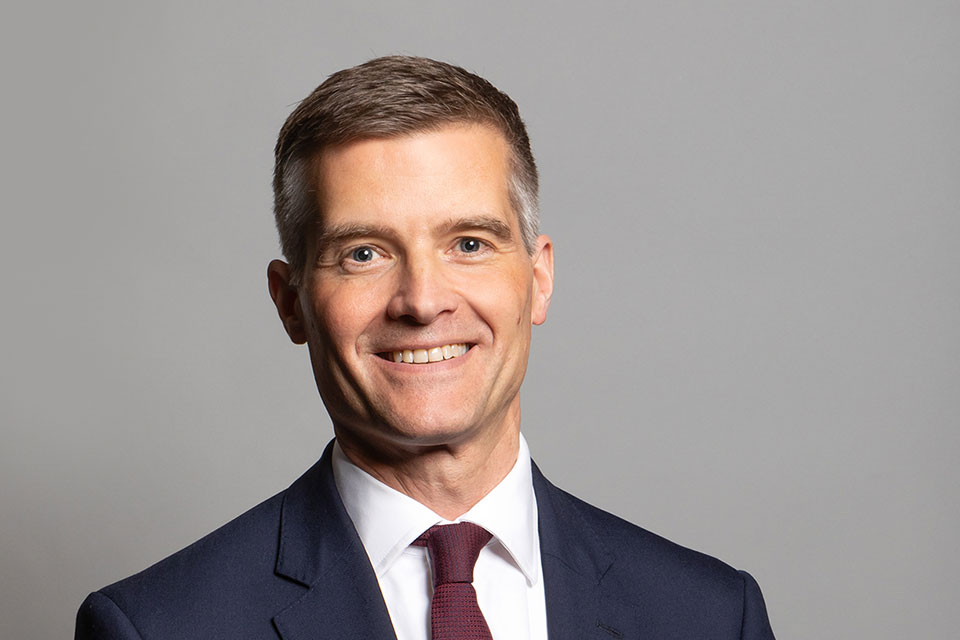Government support for a UK SAF industry
A delivery plan for designing and implementing a revenue certainty mechanism for sustainable aviation fuel has been published.

Today (4 September 2023), the government is committing to introduce a revenue certainty mechanism to support sustainable aviation fuel (SAF) production in the UK. The intention is that this will be industry funded.
I have published a plan that includes a timeline for how this mechanism can be delivered by the end of 2026, subject to Parliamentary time. The government has brought forward an amendment to the Energy Bill, which commits to consulting on options for a revenue certainty mechanism to further drive investment in SAF in the UK.
The government recognises the strategic importance of a UK SAF industry and wants to see the UK capture its share of the global SAF market by playing a leading role in the development, production and use of SAF.
Building domestic SAF production capacity represents not only a significant economic opportunity, including by creating thousands of highly skilled jobs but also a way to strengthen our energy security as we decarbonise aviation.
The UK government’s SAF programme is already one of the most comprehensive in the world. Our policies provide strong market signals and incentives to drive the demand and supply of SAF from sustainable sources.
Demand for SAF will be driven by the UK SAF mandate, which will be introduced from 2025 and provide investors with a long-term signal of the vital role SAF will play in the UK.
The mandate will set out a long-term trajectory for SAF uptake in the UK, requiring at least 10% of jet fuel to be made from sustainable feedstocks by 2030.
The scheme will provide an incentive for the production of SAF via price support from tradable certificates with a monetary value. The UK SAF mandate has strong sustainability requirements for the feedstocks and SAF pathways that can receive support. By mandating the use of SAF, we are not only delivering carbon savings using sustainable sources but also creating a UK market for SAF.
The government wants the demand for SAF to be met by a domestic SAF market. The government’s £165 million Advanced Fuel Fund is already providing investors with the reassurance to invest in the development of UK SAF production. It is also helping to deliver our ambition of having 5 commercial SAF plants under construction in the UK by 2025.
The government is further encouraging UK investment in SAF projects through the work that the Department for Business and Trade (DBT) is doing with international investors. The Office for Investment, a joint DBT and Number 10 unit, provides support to encourage investment in the government’s priority areas, including in the development of SAF projects.
Following the commitments to the SAF mandate and the Advanced Fuels Fund, the government explored a range of options to further support a thriving UK SAF industry. In October 2022, we commissioned Philip New to lead an independent evaluation into Developing a UK SAF industry. The report was published on 17 April 2023, alongside a government response that recognised revenue certainty as a key barrier to investment. The government response set out the government’s commitment to work together with industry through the Jet Zero Council to consider the best way to support the aviation industry to decarbonise, including considering options for additional revenue certainty to help develop a UK SAF industry.
As a result of the work carried out by the Jet Zero Council and Philip New, the government recognises that the UK SAF mandate will provide a significant level of price support, but that it may not provide sufficient long-term revenue certainty to maximise investment in SAF production facilities. We are, therefore, committing to introducing a revenue certainty mechanism to provide further reassurance about future revenues and drive investment in SAF production in the UK.
The plans we have outlined today, lay the roadmap to get us there.